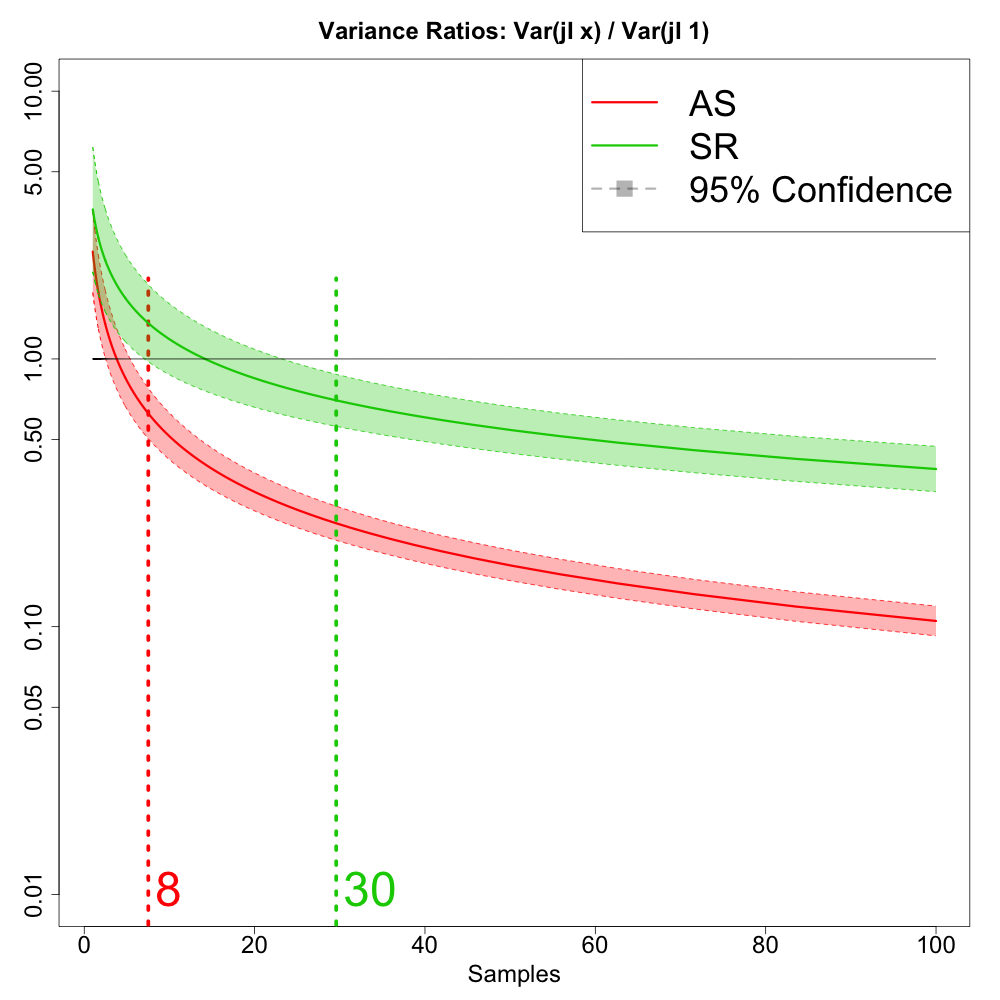
 |
 |
A statistical framework for comparing importance sampling methods, and an application to rectangular lights Leonid Pekelis, Christophe Hery February 2014 Importance sampling methods for ray tracing are numerous. One reason is due to the lack of a robust, quantitative method for comparison. This tech memo takes strides to provide a framework for comparing sampling methods on fair ground. We define a simple, mathematical notion of strictly preferring one method to ... [more] Available as Pixar Technical Memo #14-01 |
 |
Physically Based Lighting at Pixar Christophe Hery, Ryusuke Villemin July 2013 We recently participated in the Siggraph 2013 Physically Based Shading course, with all notes and documents stored at http://blog.selfshadow.com/publications/s2013-shading-course. We provide here direct access to our own chapter, describing the Physically Based System we designed at Pixar (on top of RenderMan) for the movie Monsters University and the short film ... [more] |
 |
Multiple Importance Sampling for Emissive Effects Ryusuke Villemin, Christophe Hery January 2013 We present a method for creating and sampling volumetric light sources directly using the volumetric data, obtaining high quality results with any mirror, glossy or diffuse objects, and integrating with any global illumination framework. Additional materials: [volumeCornell.mov], [volumeMIS.mov] Published version available as http://jcgt.org/published/0002/02/10/ Available as Pixar Technical Memo #13-02 |
 |
Texture mapping for the Better Dipole model Christophe Hery December 2012 We derive an exact diffuse integral for Eugene D"Eon"s new Better Dipole model and we provide the code for numerically inverting it, leading to easy texture mapping for translucency effects. Available as Pixar Technical Memo #12-11 |
 |
Importance Sampling of Reflections from Hair Fibers Christophe Hery, Ravi Ramamoorthi December 2011 Hair and fur are increasingly important visual features in production rendering, and physically-based light scattering models are now commonly used. In this paper, we enable efficient Monte Carlo rendering of reflections from hair fibers by describing a simple and practical importance sampling strategy for the reflection term in the Marschner hair model. Our ... [more] Available as Pixar Technical Memo #11-07 |
 |
RenderMan, Theory and Practice Dana Batali, Byron Bashforth, Chris Bernardi, Per H. Christensen, David M. Laur, Christophe Hery, Guido Quaroni, Erin Tomson, Thomas Jordan, Wayne L. Wooten July 2003 Siggraph 2003 course notes. |